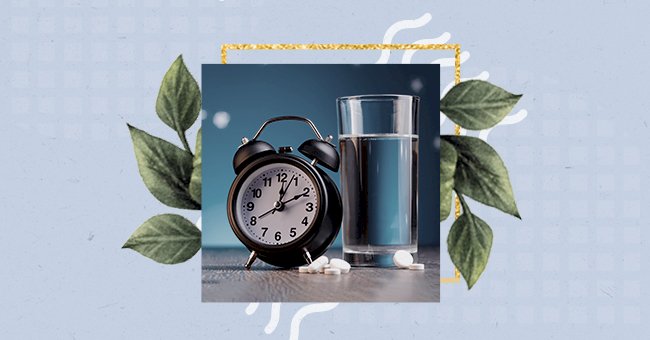
A Comprehensive Guide To Sleep Hygiene
Hygiene is all about cleaning up and keeping things from becoming a science experiment that results in a house tenting! How do cleaning and sleep fit together?
Waking up in the morning, brushing your teeth, and getting ready for school is how we all started learning about routines. As an adult, our routines are important because it helps Keep us de-stressed and feel like we have a better sense of control.
Sleep hygiene is all about developing a routine and cleaning up your activities before you go to bed to ensure that you have a restful sleep and benefit from the rest you get. So here are some things you can do to get the most out of your sleep.
1. Stimulants Interfere With Sleep
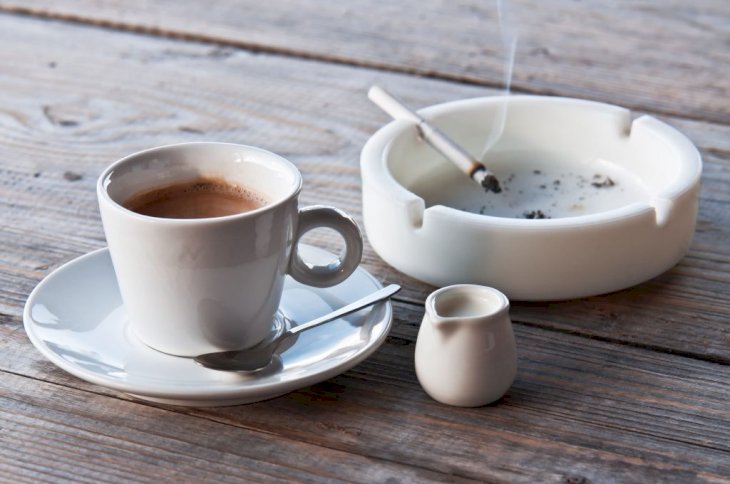
Shutterstock
Ingredients like caffeine, tobacco, and alcohol are all stimulants. These ingredients can affect our sleeping habits because they are keeping us awake. We all know that coffee contains caffeine, but caffeine can also be found in some teas, chocolate sodas, and even pain medications.
Smokers are also encouraged to refrain from smoking too close to bedtime. Alcohol consumption can decrease sleep quality because it disturbs your sleep cycle, so limit alcohol use 2 two drinks per day.
Stimulants should be avoided for at least four hours before bedtime to ensure your sleep is uninterrupted. Otherwise, you aren’t benefiting from that downtime!
2. A Relaxing Environment
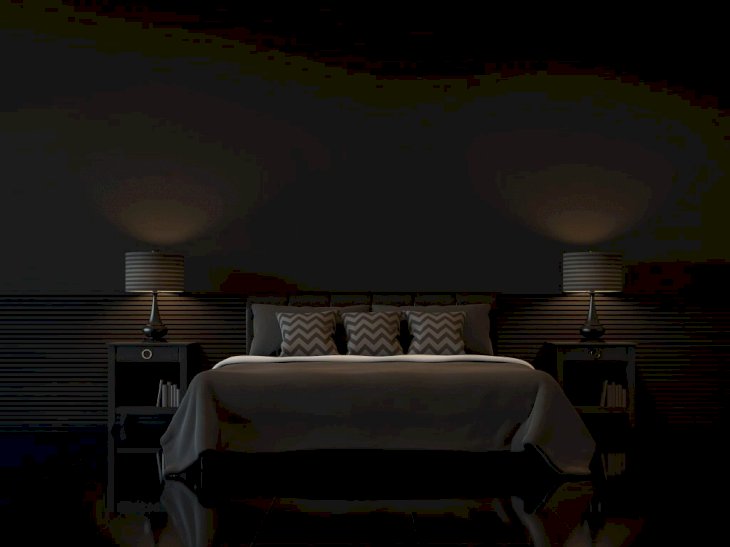
Shutterstock
Creating the right environment can help you feel more relaxed in bed and help you fall asleep faster. So what you shouldn’t do is work in bed, restrict electronic device use in your room and make sure there isn’t any light coming through disturbing your sleep.
If you live in an apartment, noise can be an issue, but noise-canceling or white noise-creating devices help drown out the commotion outside.
Anything else that interrupts your sleep shouldn’t be in your room, this doesn’t apply to your alarm clock, but it does mean that if your pet is interrupting your sleep, they shouldn’t be sleeping with you!
3. Routine
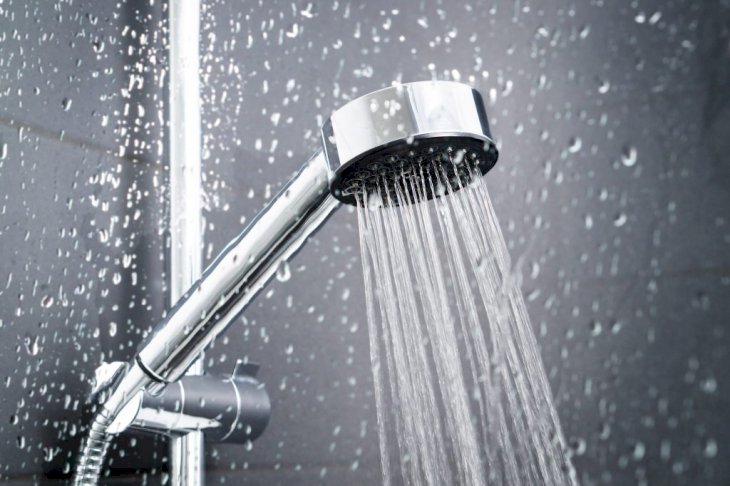
Shutterstock
Not everyone’s routine is the same; popular methods like drinking chamomile teas might not work for everyone in helping you fall asleep. It’s not simple, and you’ll probably have to go through a period of trial and error before you find what works for you!
Try to develop a routine of activities that encourage tiredness for at least an hour. Anything that stresses you out can increase cortisol levels and therefore make you more alert. So save the arguing for the morning!
If you find yourself stressed out, then find ways to cope with it, it can be journaling, reading, or even watching TV! Any exercise that helps you calm down will make falling asleep less of a challenge, and you won’t be staring at the ceiling having fake arguments at 3 am.
4. Don’t Force It
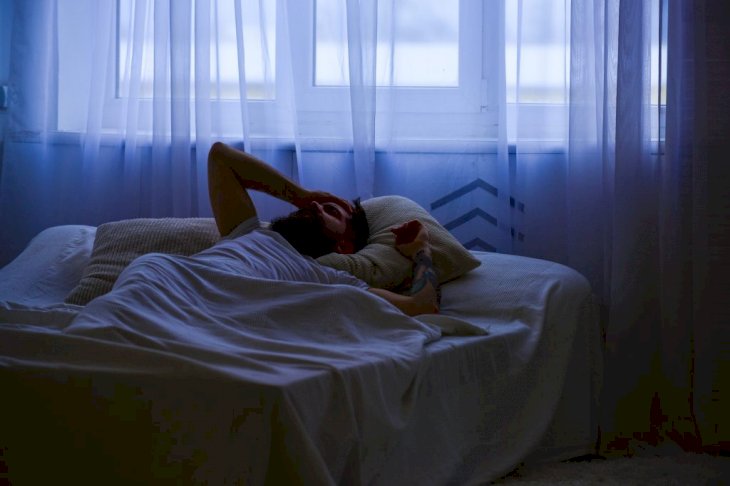
Shutterstock
If you have to force it, it’s not going to happen for you. If you’ve been lying there restless for 20-minutes, get out of bed and go to another room.
Don’t go to bed when you’re not tired; instead, try doing something relaxing, even it’s just sitting and watching infomercials. Getting frustrated because you can’t sleep is just going to keep you awake, so grab the remote and put the TV on.
5. Be Strict With Your Naps
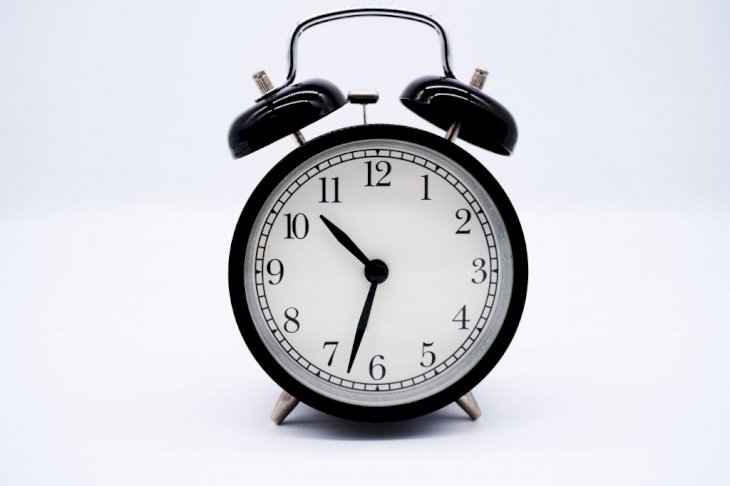
Shutterstock
Keep it under 30-minutes, or don’t nap at all! Napping can interfere with your sleep cycle and leave you awake at odd hours but sleepy during the day.
Napping after 5 pm interferes with your sleep cycle and can leave you waking up in the middle. It might also leave you restless at bedtime, and you can’t fall asleep if you’ve already been asleep!
6. Sun Exposure

Shutterstock
Your internal clock is affected by light; that’s why you should try to keep light exposure at bedtime to the minimum. But in the mornings, you need that natural sunlight to keep your circadian rhythm in check!
Exposure to sunlight in the mornings helps your body develop an internal alarm clock, which is great for keeping to your sleep schedule! This means you go to bed and wake up at certain times, which never change even on the weekends.
It might be frustrating to be awake early on your days off, but it’s good for your body, so embrace it! And if you’re still tired, take a lazy Sunday nap, but remember to keep it under 30-minutes!
7. Your Bedroom Is Sacred
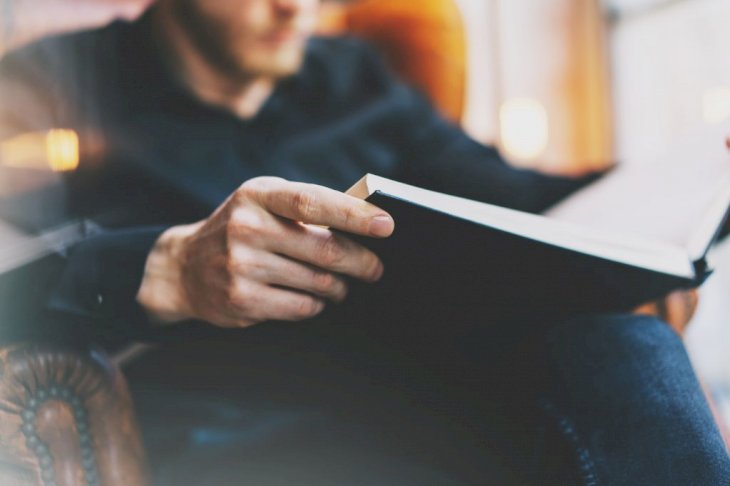
Shutterstock
We hear it all the time; only use your bed for sleep or sex! It helps your brain make the connection between sleep and your bed, and you won’t have to force yourself to fall asleep in bed.
You should do nothing else, not even read, because if you enjoy reading, you could lose sleeping time to reading, interrupting your sleep cycle! So try reading on the couch and jump into bed once you’re exhausted.
8. Don’t Drink Too Much

Shutterstock
Try to drink just enough to keep yourself hydrated through the night because if you drink too much, your sleep is interrupted when you have to get up to pee, and if you drink too little, your sleep is interrupted when you get up to quench your thirst!